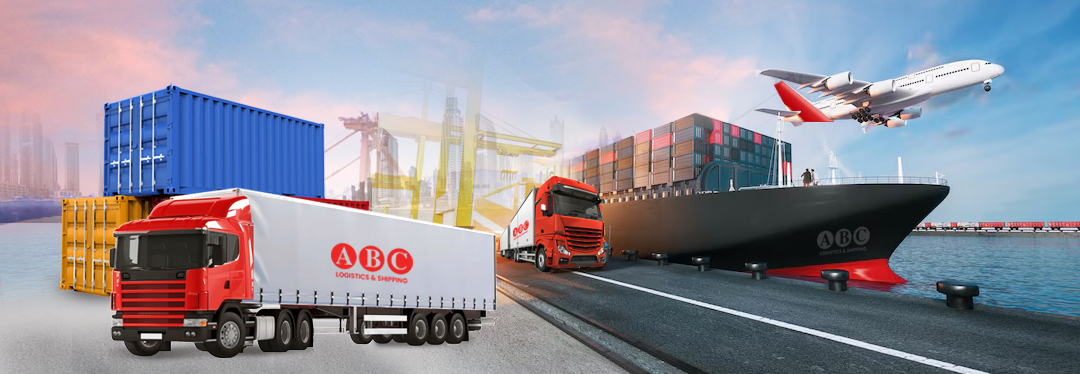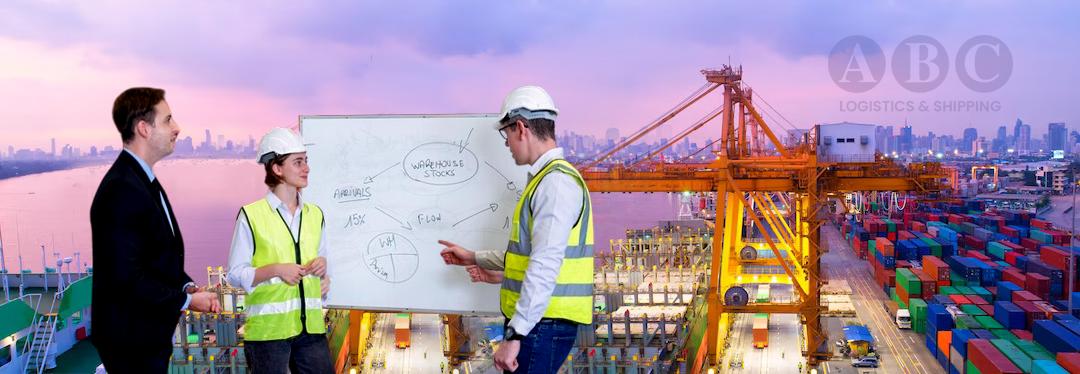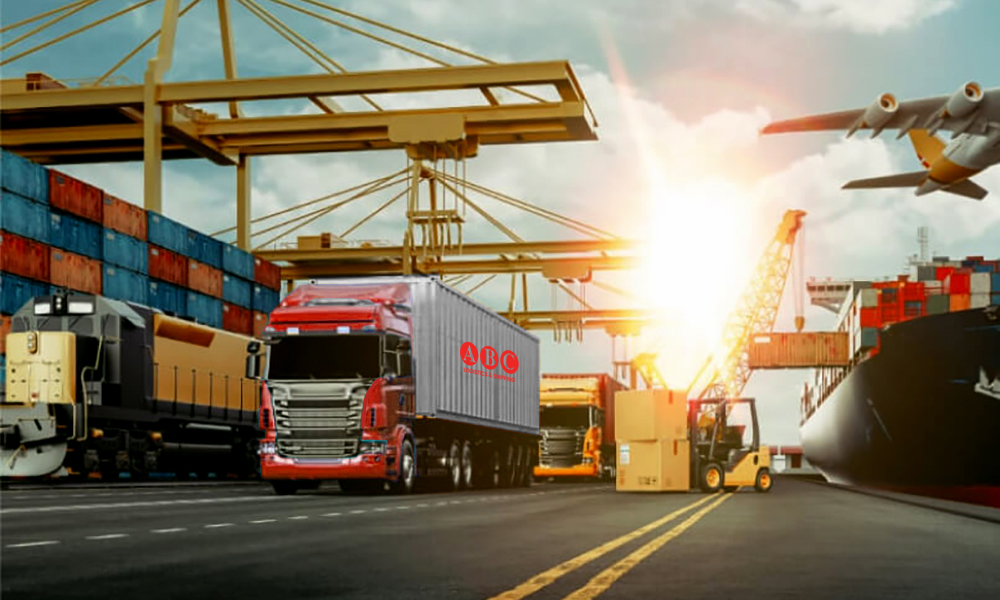


ABC Logistics ports and terminals are critical components of global trade and transportation networks, serving as key nodes for the movement of goods between different modes of transportation, such as ships, trucks, trains, and planes. These facilities play a crucial role in facilitating the efficient flow of cargo, supporting international trade, and driving economic development.
Ports and terminals are often strategically located along coastlines, rivers, or major transportation routes to optimize accessibility and connectivity to domestic and international markets.
They are equipped with specialized infrastructure including berths, docks, quays, container yards, warehouses, cranes, and handling equipment to accommodate various types of cargo and vessels.
Ports and terminals are typically integrated with other modes of transportation such as railways, highways, and airports to facilitate seamless intermodal transfers of goods.
They specialize in handling different types of cargo including containers, bulk commodities (such as coal, grain, and oil), liquid bulk (such as petroleum and chemicals), and specialized cargo (such as automobiles and oversized machinery).
Ports and terminals adhere to customs regulations and security protocols to ensure the smooth clearance of goods and compliance with international trade standards.
Many ports and terminals offer value-added logistics services such as warehousing, distribution, freight forwarding, and customs brokerage to support the end-to-end supply chain needs of importers and exporters.
There's an increasing emphasis on environmental sustainability within ports and terminals, including measures to reduce emissions, minimize waste, and mitigate the impact of operations on surrounding ecosystems.
Ports and terminals are adopting advanced technologies such as automation, digitalization, Internet of Things (IoT), and data analytics to optimize operations, enhance efficiency, and improve service levels.
Given the importance of ports and terminals in global trade, security is a paramount concern. Measures such as surveillance systems, access controls, and cybersecurity protocols are implemented to safeguard against threats.
Ports and terminals generate significant economic benefits through job creation, trade facilitation, and investment attraction, contributing to the growth and prosperity of surrounding regions and countries.
In summary, ABC Logistics ports and terminals are vital components of the global supply chain infrastructure, serving as crucial hubs for the movement of goods and commodities in domestic and international trade. Their efficiency, connectivity, and capacity to handle diverse types of cargo are essential for driving economic growth and competitiveness.